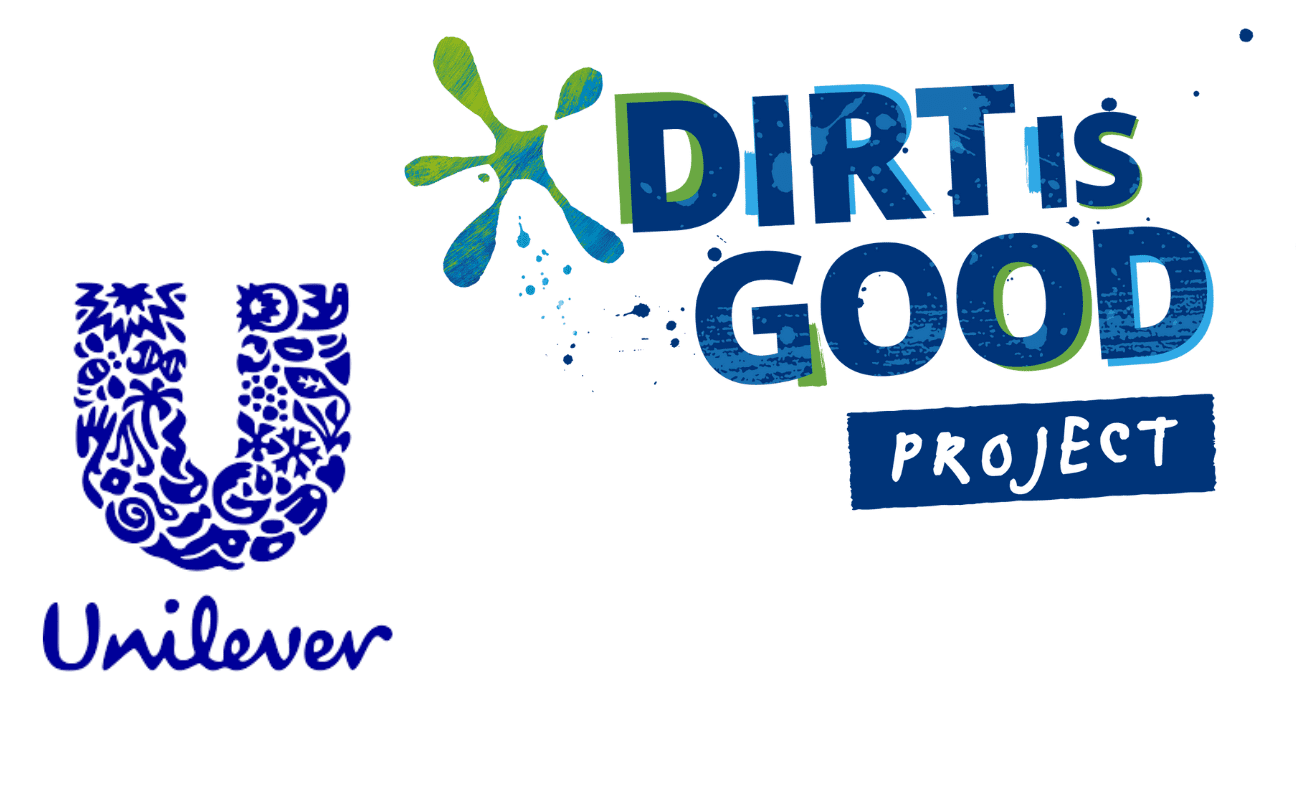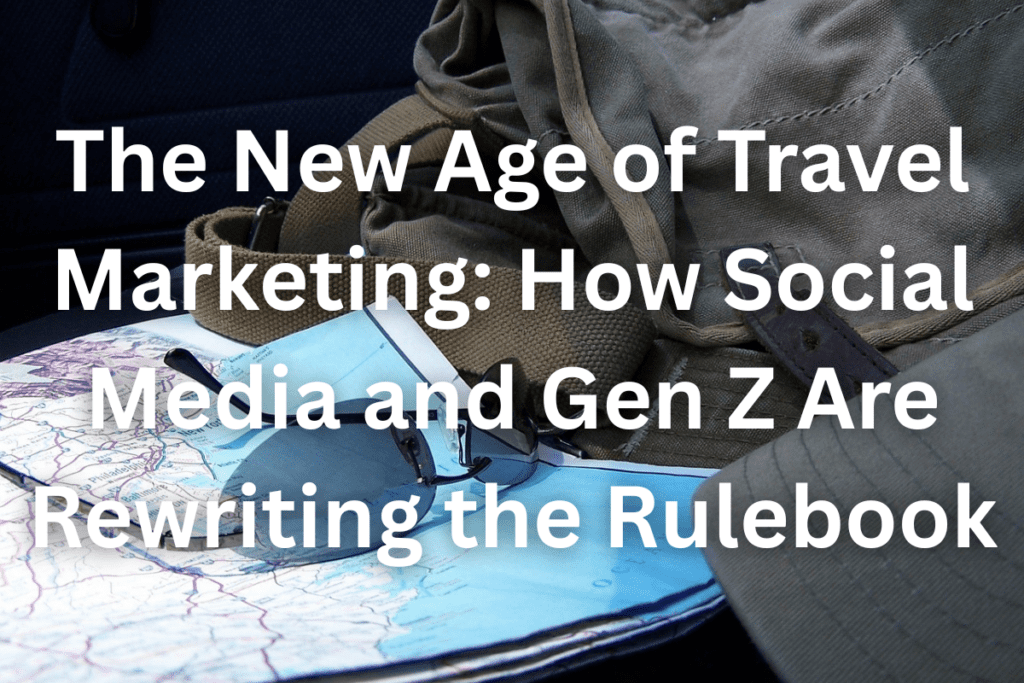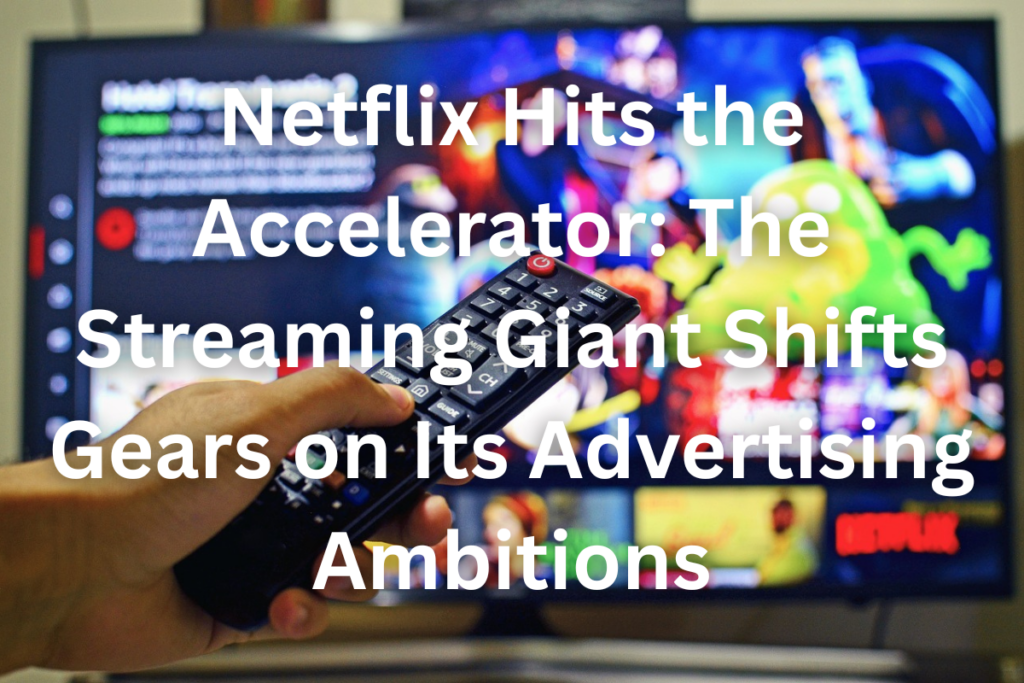We’ve all had to deal with dirt, grime, and stains in our laundry. Detergent brands have been advertising the benefits of their products for many years, claiming to effectively remove stains and leave clothes clean and fresh.
In 2004, Unilever adopted the Dirt Is Good project, which proved to be successful compared to their previous approach. The company has experienced significant sales growth after embracing dirt instead of fighting against it, indicating that this strategy can be surprisingly profitable.
How has Unilever’s unique approach paid off?
Over the past twenty years, Unilever’s Dirt Is Good project has helped to boost laundry sales from £354 million per year to £3.54 billion per year, due to their innovative approach.
Unilever has demonstrated that fearing stains and dirt is a thing of the past by consolidating all of their detergent brands under a single message. They are promoting the idea that dirt can be a symbol of having a fulfilling life, by enjoying activities such as playing in mud and discovering the world we live in.
How does the platform resonate with customers?
Customers have found the Dirt Is Good platform appealing, as it promotes a positive perspective towards laundry, rather than a negative one. Rather than shaming people for stains and dirt, they have been encouraging people to embrace it.
The Vice President of Marketing at Dirt Is Good admits that their message goes against the norm of other laundry brands that promote spotless clothes, but the platform has still achieved global success with brands such as Persil in the United Kingdom and OMO in Brazil and China, and the platform’s message constantly being shared with audiences across multiple channels, including social media and TV ad campaigns.
What does their success show others?
The success of Unilever proves that adopting a positive approach into their marketing strategy can lead to great financial success. Dirt Is Good not only provided a new perspective in the laundry industry but also allowed the company to establish an emotional bond with their customers.
The company’s core values and beliefs were visible to everyone, distinguishing it from other brands and making it more relatable, therefore more trustworthy and instilling a greater sense of loyalty.
Conclusion
Unilever’s Dirt Is Good platform is an excellent demonstration of how thinking creatively can greatly benefit a brand’s popularity and sales. Unilever was able to emotionally connect with its customers by encouraging them to embrace dirt and not feel guilty about having stains.
Unilever prioritised developing a brand that exudes warmth, friendliness, and motivation, instead of solely concentrating on clean clothes like their competitors.
Taking unconventional paths towards success can be and has been a potent marketing strategy for this company for many years now. This positive example might motivate other brands to think outside the box when it comes to their marketing tactics.









